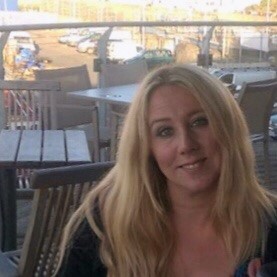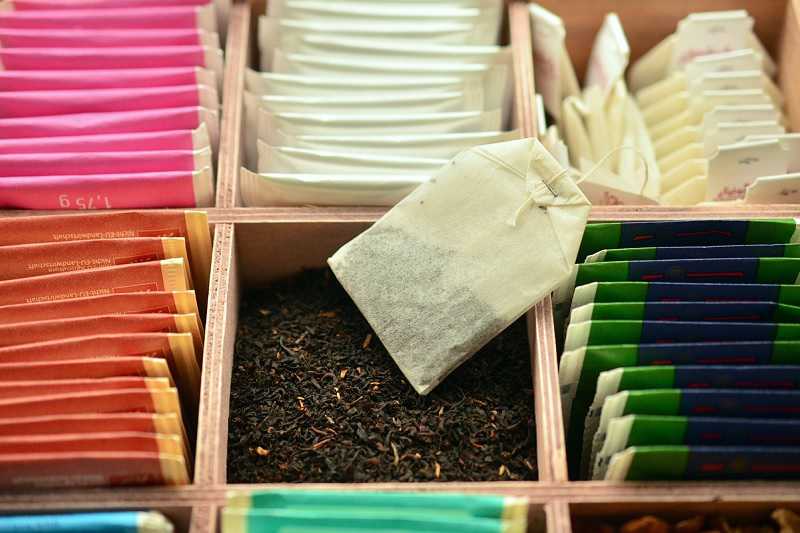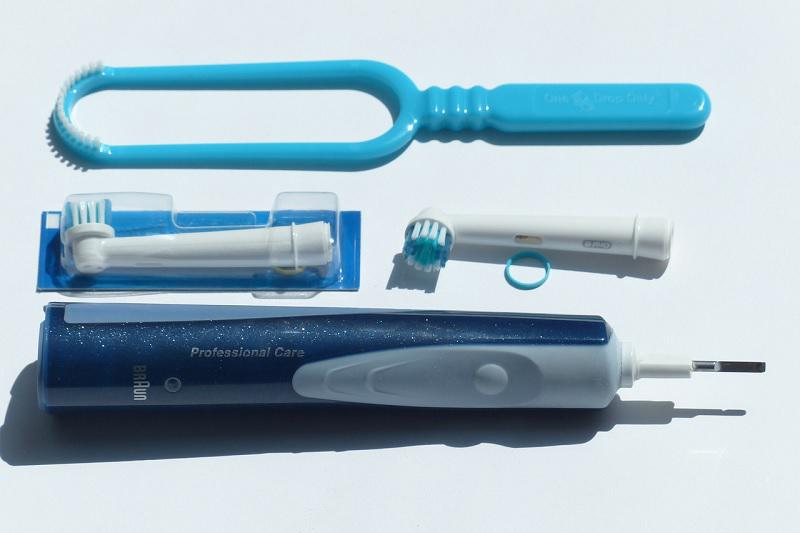Soap was first made back in Babylon in around 2800 BC, and we now use millions of tonnes of soap every year.
Some of us prefer to use a traditional bar of soap when we bathe or wash our hands, and there’s certainly a lot less waste for the environment if we use a bar of soap rather than plastic bottles filled with hand wash or shower gel.
Nevertheless, each time you lather your soap and let the soapy suds run down the drain, there is still an environmental impact. Many shop-bought soaps contain chemicals to make them smell nice and to produce foam when we wash.
Some of these chemicals, such as triclosan and triclocarban are almost impossible to break down naturally, and they can’t always be filtered out during water treatment processing.
There is increasing concern that large quantities of chemicals in our water ways can potentially lead to illnesses such as skin diseases, cancer and even infertility.
Chemicals from our soap can also have an impact on marine life if allowed to enter ponds, rivers and oceans, upsetting the natural balance of our eco-systems.
What Makes Soap Biodegradable?
If you’re looking for a soap that’s better for the environment, you can try a biodegradable soap.
In simple terms, something is considered to be biodegradable if it can be broken down naturally by bacteria and won’t cause any pollution.
Soap is considered to be biodegradable “as long as at least 90% of it breaks down into water, carbon dioxide and biological material within six months of being discarded” (source).
It’s always worth checking the list of ingredients when buying a biodegradable soap. Some soap may claim to be biodegradable but can still contain ingredients such as triclosan.
Soap only really needs three ingredients to be an effective cleanser: oil, water and lye (sodium hydroxide), so look for a biodegradable soap containing as few ingredients as possible.
All vegetable oils are biodegradable, and natural elements such as essential oils are also fine when used to add scent to soap as they will fully break down.
Be Careful Where You Use ANY Soap
It’s worth being aware that any soap will have an immediate impact on the environment around you—even biodegradable soap will still take time some time to biodegrade.
So, if you’re on a camping holiday or washing something in your garden, you should still do any washing or bathing at least 200 feet away from any water sources such as streams or lakes.
All soaps have the potential to contaminate our rivers, lakes and oceans, and although it’s preferable to use biodegradable soaps over normal soaps, they should be used with care.

Clare began her career as a technical writer, but since having her boys has worked mostly from home writing content for various websites, including health and beauty and educational resource sites.



